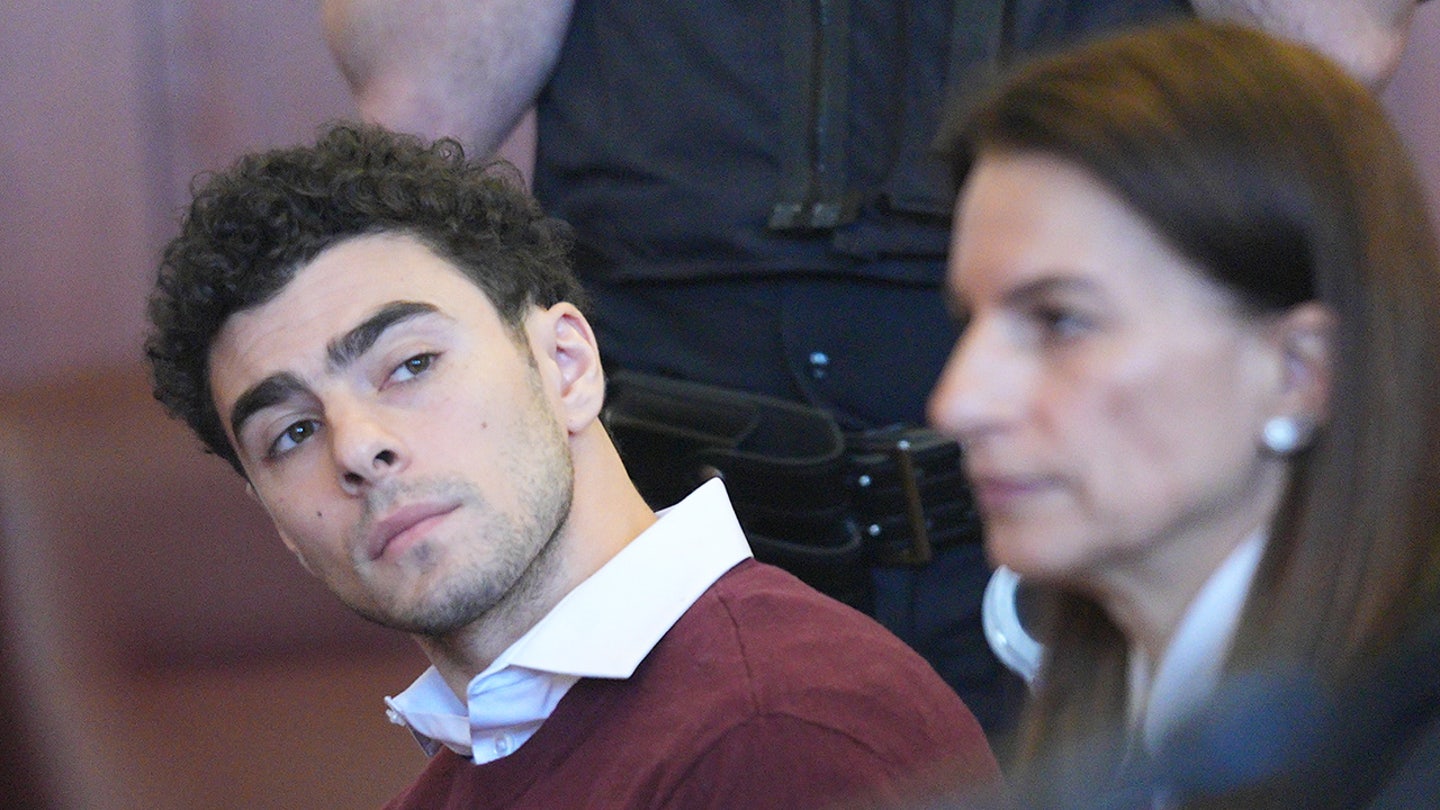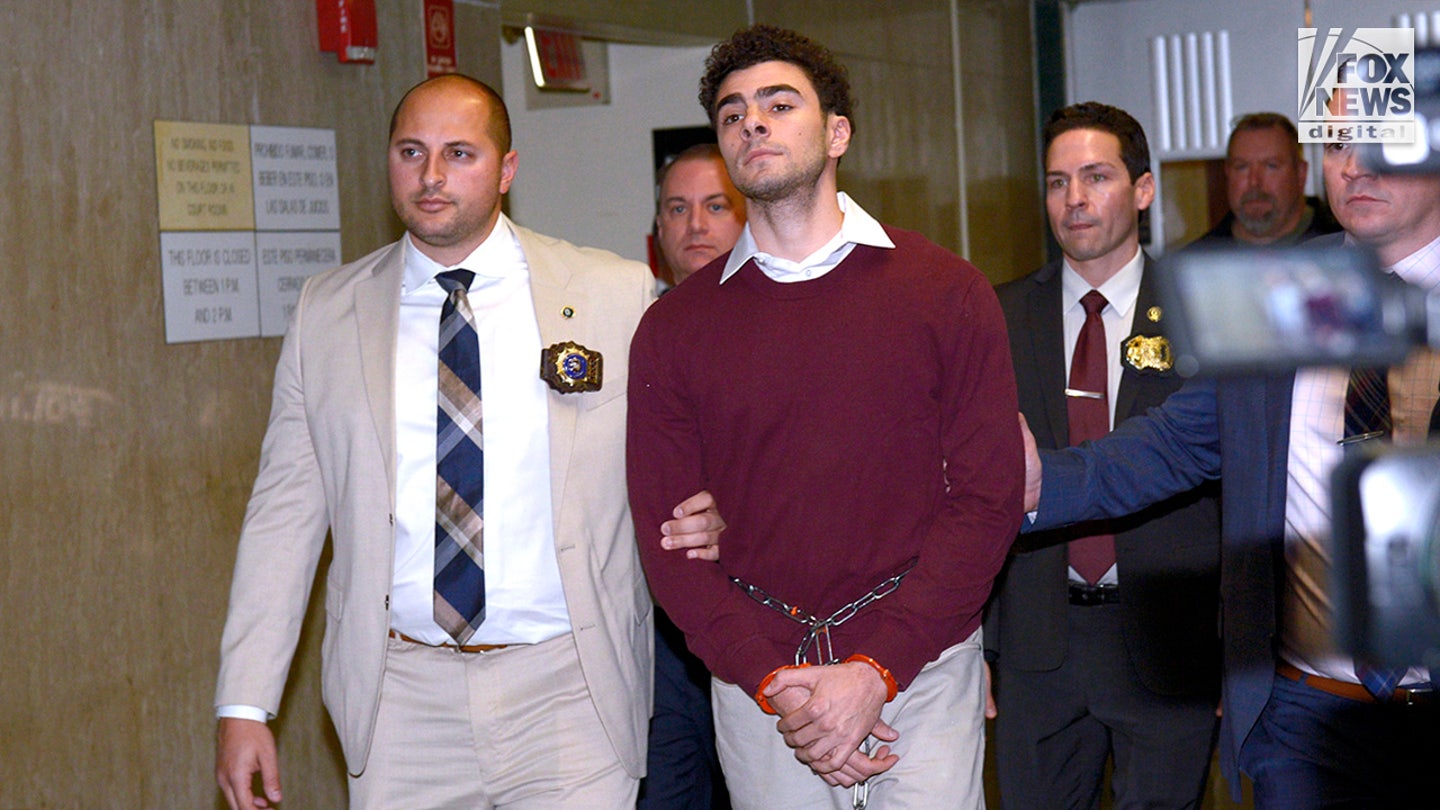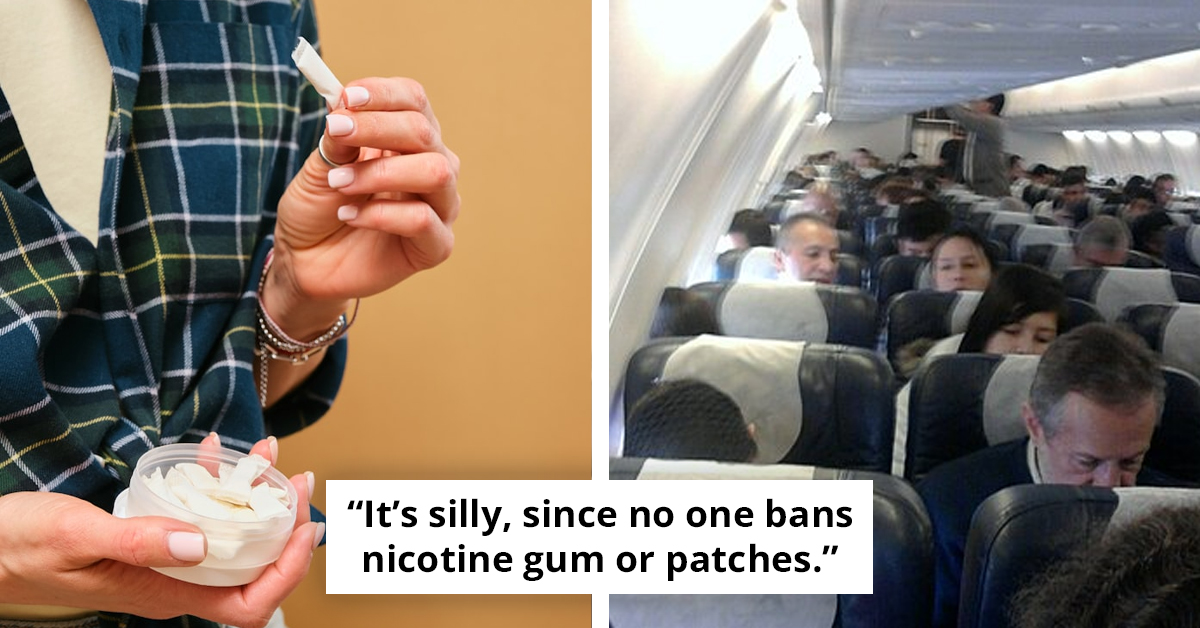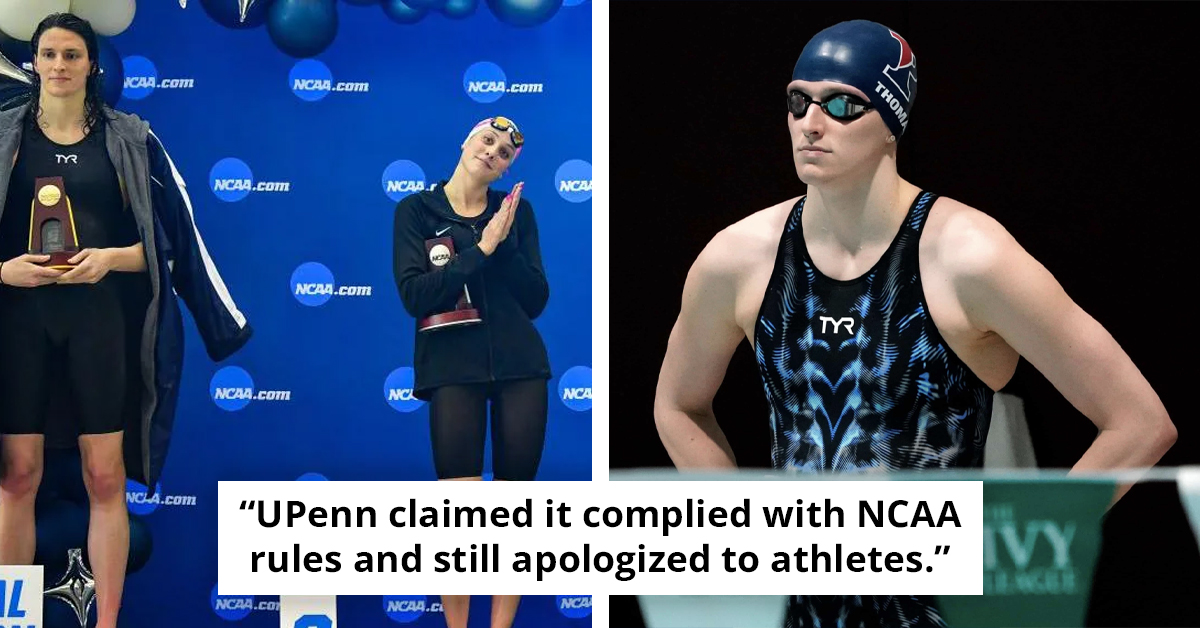Lawyers Say DA Faked Court Date, Phony Subpoena to Seize Luigi Mangione’s Medical Files
When someone is accused of murder, the focus usually stays on the crime itself, the details of what happened, the motive, and the evidence. But in the case of Luigi Mangione, what’s happening behind the scenes is getting just as much attention.
His defense attorneys are accusing the Manhattan District Attorney’s Office of crossing a serious legal line, one that could affect the entire case. In a new court filing, Mangione’s lawyers claim the DA’s office broke federal law by secretly obtaining his medical records.
According to the filing, prosecutors pressured Aetna, Mangione’s health insurance provider, into handing over sensitive documents without a subpoena signed by a judge, and without Mangione’s permission. That would be a violation of HIPAA, the Health Insurance Portability and Accountability Act, which protects a person’s private medical information.
The defense says prosecutors went as far as faking a court date and using what they describe as a “false and fraudulent” subpoena. The document allegedly warned Aetna that it would be held in contempt of court if it didn’t comply. Aetna handed over the records.
Now Mangione’s legal team is asking the judge to penalize the DA’s office for what they see as a serious breach. They want an evidentiary hearing, essentially a formal session in court to examine whether the DA’s office really did break the rules. They’re also floating the possibility of having the entire case dismissed if misconduct is proven.
The DA denies misconduct in the Mangione case, saying mistaken records were deleted and disclosed.
The Manhattan District Attorney’s Office has denied any wrongdoing and told Fox News it plans to address the accusations in court filings. A spokesperson for the office said the information request to Aetna was limited and that the insurer mistakenly sent additional documents that weren’t supposed to be released.
“We deleted the materials as soon as we became aware of them and brought it to defense and the court’s attention,” the office said.
This legal dispute adds another layer to an already high-profile and highly charged case. Mangione is accused of killing Brian Thompson, the CEO of UnitedHealthcare, one of the biggest players in the American healthcare industry.
The shooting happened outside the Hilton Hotel in Midtown Manhattan on December 4, 2024, just before the company’s annual investor conference.

Prosecutors allege that Mangione used a homemade “ghost gun”, an untraceable weapon fitted with a silencer. He allegedly shot Thompson twice at close range, then ran off. The DA’s office claims it was more than a random act of violence.
They believe Mangione was trying to send a message, calling the killing “an act of ideological terrorism.” Their argument is backed by what they say they found in Mangione’s journals and writings.
Court records reveal that he allegedly marked bullets with words like “deny,” “delay,” and “depose.” He reportedly described himself as a “revolutionary anarchist” and wrote a note to the FBI saying, “these parasites simply had it coming”, a reference, prosecutors say, to healthcare executives like Thompson.
Mangione seeks to toss key evidence and terrorism charges, citing illegal searches and constitutional issues.
Mangione has pleaded not guilty. His defense attorneys are challenging not just the medical records issue, but multiple pieces of evidence. They’re trying to get his statements to police thrown out and also want to suppress evidence collected from his backpack, saying both were obtained illegally.
They’re also pushing to get terrorism-related charges dismissed, arguing that prosecuting him on similar charges in both state and federal court could violate the Constitution.

So far, the DA’s office isn’t backing down. They’ve called the case “open and shut” and insist the evidence speaks for itself.
A judge now has to decide whether the defense’s accusations about the medical records warrant a closer look. That hearing could shape how the case unfolds, or even whether it moves forward at all.
Meanwhile, a separate federal case is also underway, and in that one, the government is seeking the death penalty. What started as a murder case may end up testing the limits of how far law enforcement can go to build their case, and what happens when they go too far.




